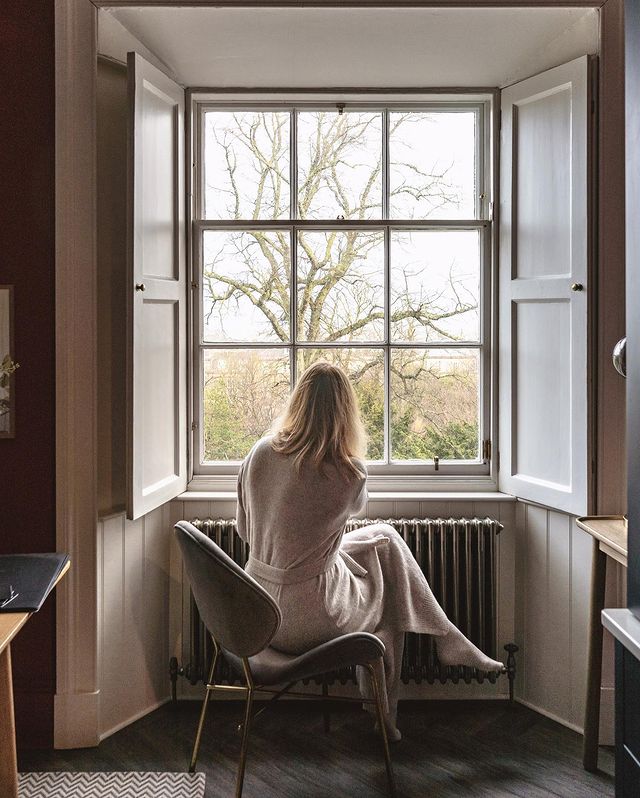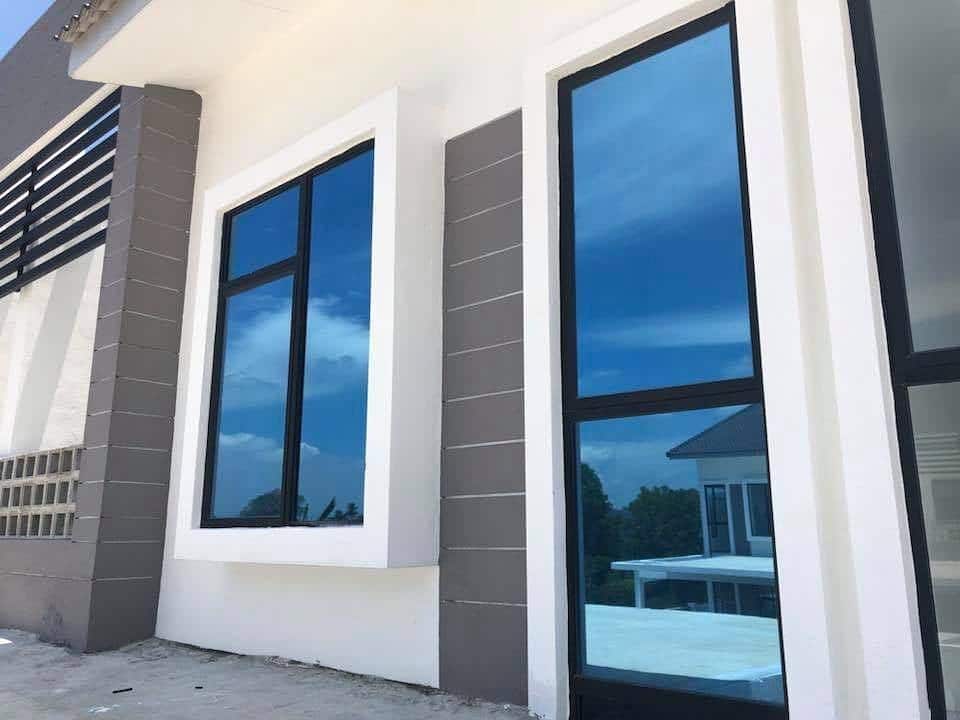The Expert's Guide To Selecting The Perfect Window Glass For Your Home
Are you looking for the perfect window glass for your home? You’ve come to the right place! As an expert in the field, I’m here to guide you through selecting the ideal window glass that will not only match your décor but also offer superior protection and insulation.
From style considerations to energy efficiency, there are a variety of factors to consider when selecting the best window glass for your home. With this guide, you’ll have all the information needed to make a fully informed decision so you can find the best possible solution for your needs.
It’s time to get started! Read on for my expert tips on how to select the perfect window glass for your home.

Ensuring A Smart Investment: Understanding The Factors That Impact Window Glass Selection
Choosing the right window glass for your home can be a daunting task. It’s important to make an informed decision, as it can significantly impact your comfort and energy savings. As an expert in this area, I’m here to help you make a smart investment when selecting window glass.
When making your selection, there are several factors that must be taken into account. First and foremost, consider the climate of your region. Different types of glass perform differently in different climates; if you live in a colder region, for instance, you’ll want to choose insulated or low-e glass that helps keep in heat during colder months. Similarly, if you live in a hotter climate, you’ll want to opt for tinted or reflective glass that helps keep out excess heat from the sun.
Last but not least, look into the specific features offered by each type of glass. Some windows come with noise-reducing features while others offer additional protection against UV rays. These features can greatly improve your quality of life while also providing long-term value and protecting your investments over time.
With these tips in mind, you should now have all the knowledge necessary to select the perfect window glass for your home – one that meets both your needs and budget requirements for years to come.
Understanding U-Values, R-Values & SHGC
When selecting window glass for your home, it’s important to have an understanding of U-values, R-values and SHGC. These three elements are key when it comes to making a smart investment in your windows.
U-Value
U-values measure the heat flow that passes through the window glass. The higher the U-value, the more heat will be lost from the inside of your home. An acceptable U-value range is 0.3 – 0.7 W/m2K (watts per square meter Kelvin).
R-Value
R-values refer to resistance to heat flow. The higher the R-value, the better insulated your windows will be against outside temperatures. A good starting point is an R-value of 4 m2K/W or higher in cooler climates (and 2 m2K/W or higher in warmer climates).
SHGC
Finally, SHGC stands for Solar Heat Gain Coefficient, which determines how much solar energy is admitted through windows into a house. The lower this number is, the less solar heat will enter your home during warm weather months – making for a cooler and more comfortable indoor climate. A recommended SHGC value ranges from 0 to 0.4 for colder climates or 0 to 0.6 for warmer climates.
Different Types Of Glass For Windows

When it comes to selecting the right glass for your windows, there are several types to consider. Expert-level knowledge of the different varieties available is key to making the best choice. Here are some of the options available:
Laminated Glass
Laminated glass is two or more sheets of glass glued together with a thin plastic layer in between them. This type of glass is shatter-resistant and also provides a sound proofing barrier, which can help reduce exterior noise levels. Laminated glass is often used in areas where safety is a concern, such as near swimming pools or businesses requiring extra security.
Toughened Glass
Toughened glass is heat treated so that it can withstand higher temperatures than regular glass while still being able to remain intact when broken. This makes it an ideal choice for fixtures exposed to harsh weather conditions, such as sky lights. It also offers an extra degree of safety since shattered pieces stay relatively large instead of becoming tiny shards as normal glass would.
Low E Glass
Low-emissivity glass better known as low E glass has a special coating which helps keep heat inside during colder months and outside during hotter months. This makes it highly energy efficient and perfect for climates where heating and cooling costs can be quite high throughout the year. As well as providing thermal protection, low-e glazing can also reduce glare from direct sunlight which helps keep rooms comfortable and bright without sacrificing natural light levels.
Double Glazing
Double glazing or an insulated glass unit is made of two panes of glass that are sealed together with an air gap in the middle. This creates a thermal barrier between the interior and exterior, providing improved temperature control for your home or office. It also reduces noise levels and helps keep out dust and dampness.
Patterned Glass
Patterned glass (or obscured glass) has a textured surface which makes it difficult to see through, providing privacy while still allowing an adequate level of light through when compared to solid window coverings such as blinds or curtains. Furthermore, this type of glazing can add an elegant aesthetic touch to any home or office space while still retaining all the benefits associated with natural light sources.
Frosted Glass
Frosted glass is created by sandblasting or acid-etching the surface of the glass. This textured surface makes it hard to see through, providing both privacy and decoration. It also diffuses light which can reduce glare and make any room more comfortable for those inside.
Tinted Glass
Tinted glass is given a dark tint that helps block out direct sunlight and can even filter out ultraviolet (UV) rays. For this reason, it is commonly used in areas exposed to strong sunshine, such as conservatories and sun rooms. In addition to preventing UV damage, tinted glass helps create a feeling of warmth and comfort in any living space.
Reflective Glass
Reflective glass has a coating on one side which boosts its reflective properties, reducing both incoming heat and glare from exterior sources. A variant of this type of glazing is solar control glass which offers superior performance when controlling radiation from the sun’s rays. As well as helping keep interior temperatures at an optimal level without relying heavily on air conditioning, reflective glazing also gives external views a mirrored finish that can add a unique aesthetic touch to any building facade.
Conclusion
When it comes to selecting the right window glass for your home, it’s important to take various factors into account. U-Values, R-Values and SHGC can help you make an informed decision while considering different types of glass such as low-E or tinted glass that offer varying levels of energy efficiency.
Think through all the potential benefits before making a decision in order to ensure that your investment in windows lasts for years to come. Ultimately, the type of window glass should meet both your individual needs and preferences as well as climate considerations.
Jack Mangraviti is a highly experienced glazier at Roo Glass Replacement and has over 20 years in the industry, he is an expert in window glass repair and replacement. He has a reputation for quality workmanship, and is dedicated to providing excellent customer service. He is a trusted professional in the community, and is known for his attention to detail and commitment to ensuring that every job is completed to the highest standards. .

